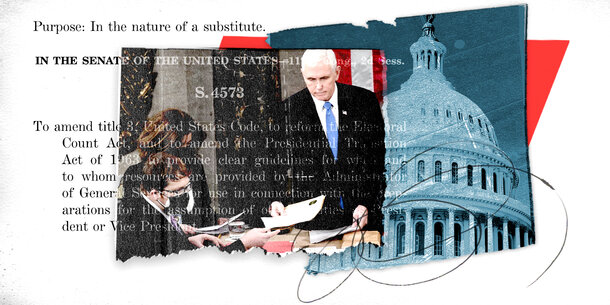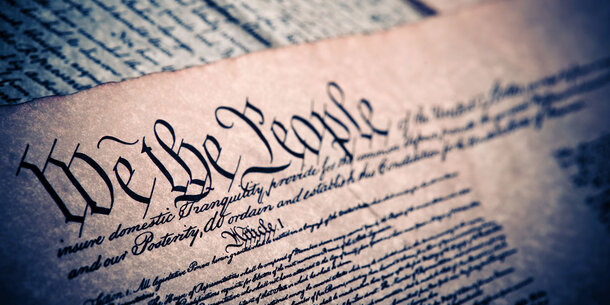Tuesday is the “safe harbor” day — the deadline for states to determine who won their electoral votes. Next week the Electoral College formally will elect Joe Biden president. Donald Trump’s bid to overturn the election will be snuffed out. Again.
Rather than a cause for celebration or even relief, today should be a day to remember what a dysfunctional, anti-democratic institution the Electoral College is and why for the sake of American democracy, we should replace it with a national popular vote.
The key fact: Joe Biden handily won the election, with the biggest vote share for a challenger since Franklin Roosevelt in 1932. This time, at least, the Electoral College will choose the same winner as the voters. That’s the way it almost always has worked.
The Electoral College has been invisible except when it’s been catastrophic. If a few thousand votes in a few swing states had switched, Trump would stay in office despite losing the election by a wide margin.
Twice recently, in 2000 and 2016, the Electoral College installed in the White House the man rejected by the voters. It almost happened in 2004, too. If 60,000 votes had switched in Ohio, John Kerry would have been president even though George W. Bush easily won the popular vote. Can you name another country with an electoral system so prone to misfiring?
For years, supporters like columnist George F. Will argued the Electoral College made elections seem more decisive, conferring legitimacy on the winner. No longer. Narrow margins in a few key states, subject to lies, litigation, and after-the-fact power grabs, can muddy a clear win.
Even when the Electoral College “works,” it distorts. Savvy candidates focus only on a few swing states. Biden and Trump stumped in Pennsylvania as if they were running for state auditor. They ignored voters in New York, California, Illinois, and (until the end) Texas, unless they were raising money.
Swing state voters tend to be older and whiter than the rest of the country. So are the policies that result. Small states, too, disproportionately white and rural, get extra weight. For the country’s first 70 years, the Electoral College gave extra, indeed decisive power to slave states. Now it tilts against younger and more diverse voters.
As the country changes, the Electoral College will increasingly help entrench minority rule. Until this year, Democrats won the popular vote in seven of eight presidential elections, the longest streak in American history. Yet Republican presidents made six of nine lifetime Supreme Court appointments.
That’s a long-term recipe for illegitimacy.
The simplest but hardest way to address this is a constitutional amendment for a popular vote, something that actually passed the House a half century ago. More immediately, states can join the National Popular Vote Interstate Compact and agree to cast their electoral votes for whoever won the popular vote. Over two-thirds of needed states have done this.
As we press for reform of our politics at all levels, let’s not forget this most basic affront to democracy.






